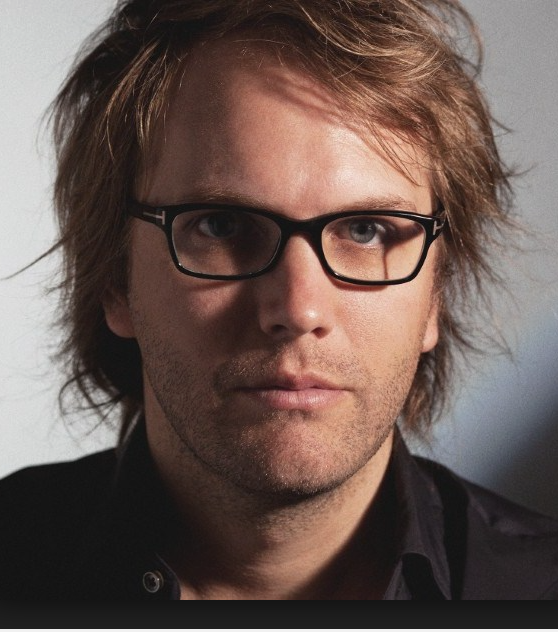I went to this play prepared to be moved. In common with most people, I have seen members of my family struck down by dementia, like André the old man of Zeller’s title, and I know how devastating the illness is for the family and friends of the sufferer. But I wasn’t expecting to be given permission to laugh, nor to be taken by surprise at every moment. Florian Zeller has created a unique theatrical experience that conveys from the inside what progressive dementia feels like. In Pinteresque dialogue, in fragmentary scenes of disorientating repetition, on a stage whose sparse props mirror the gradual stripping of a sufferer’s identity, he takes us into André’s confused and confusing world. We become like André, kept guessing right up to the final crisis. Where are we? Who are the people we’re seeing, really? What are their relationships to one another and to him? When did this happen? Was it before or after the last episode? Propositions are set up in answer to these questions, in flashes of illuminated conversation, only to be discredited in the next moment. Dementia destroys large areas of the sufferer’s identity by wiping memories and breaking synaptic connections that enable them to make logical patterns of what their senses perceive. We suffer with his daughter, Anne, as she makes decisions to try to care for her father without destroying her own life, but we actually live inside André’s suffering. Between brief scenes of apparent lucidity the stage is hidden in darkness framed by a disconcertingly dazzling border of lights. In these gaps, sounds play discordantly like a badly tuned radio or a scratched record before breaking off with an electronic crackle as the lights go up on another scenario. Time and space are provisional and fluid. It’s as though we’re hearing the synaptic pathways rupturing in André’s brain. And yet we laugh with André, as he alternately flirts with the women who try to help him, as he tries on different personas (“I worked in a circus for a bit”) and sardonically rejects their patronising persuasiveness. He’s charming, as well as frustrating, paranoid, frustrated, suspicious and often tactlessly cruel to his family – or are they his family? And why are some of them so inhumane towards this helpless old man? Art changes our perceptions and understanding. “The Father” is innovative, immersive art of a high order. Don’t miss it. (First published online at essential surrey.co.uk)
0 Comments
Leave a Reply. |
Archives
November 2023
Categories
All
|

 RSS Feed
RSS Feed